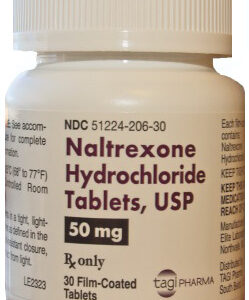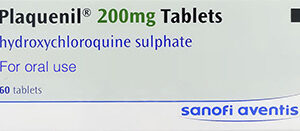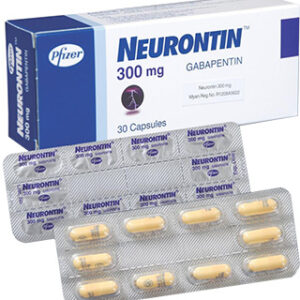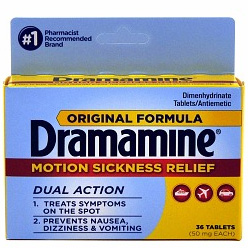Risperdal Overview
Risperdal, with the generic name risperidone, is an antipsychotic medication primarily utilized to treat various mental/mood disorders. As part of the atypical antipsychotic class, it functions by restoring the balance of neurotransmitters in the brain, offering symptomatic relief and improving behavior.
Indications & Usage
Risperdal is prescribed for managing the symptoms of schizophrenia, bipolar disorder, and irritability associated with autistic disorder. Its effectiveness lies in lessening hallucinations, improving concentration, and stabilizing mood fluctuations. It also diminishes unwarranted distress and aggressive behavior stemming from autism.
Dosage & Administration
The precise dosage of Risperdal varies according to the patient’s age, the condition being treated, response to medication, and other factors. Treatment often commences with a low dose, incrementally increased to the optimal level under medical supervision. Risperdal is available in tablet form, an orally disintegrating tablet, and a solution, which should be administered as directed by a healthcare professional.
Contraindications & Warnings
Prior to initiating Risperdal therapy, it’s crucial to assess any history of hypersensitivity to risperidone or its components. This medication is also contraindicated in patients with a history of severe cardiac disorders, cerebrovascular diseases, or other conditions where the drug’s potential risks outweigh the benefits.
Adverse Reactions
While Risperdal can be pivotal in managing psychiatric disorders, it carries the risk of side effects such as weight gain, drowsiness, dizziness, gastrointestinal disturbances, and potential metabolic changes. In rare instances, it might lead to more grave conditions like tardive dyskinesia or neuroleptic malignant syndrome.
Drug Interactions
Risperdal can interact with other medications, amplifying side effects or reducing efficacy. These interactions may arise from concurrent use with central nervous system depressants, certain antihypertensives, or drugs known to elongate the QT interval. Always inform healthcare providers of all medications and supplements taken.
Precautions & Considerations
When under Risperdal treatment, regular monitoring of weight, blood glucose, and lipid profiles is advised due to the risk of metabolic alterations. Caution is vital when operating machinery or during activities requiring alertness, as Risperdal may impair reaction times. Regular psychiatric assessment is also integral to evaluate the drug’s impact and adjust dosages accordingly.
Use in Specific Populations
Certain populations require careful consideration before Risperdal administration. In the pediatric and geriatric demographics, dose adjustments may be necessary due to different absorption and metabolism rates. During pregnancy and lactation, Risperdal should only be used if clearly needed, due to potential risks to the fetus or infant.
Overdosage & Management
In cases of Risperdal overdose, symptoms might include somnolence, sedation, tachycardia, or low blood pressure. Immediate medical attention is crucial, with management focusing on supportive measures and close monitoring. There is no specific antidote for risperidone overdose.
Risperdal Withdrawal
Sudden discontinuation of Risperdal can lead to withdrawal symptoms such as insomnia, irritability, or symptom resurgence. Gradual dose reduction is often recommended to mitigate these effects. Always consult a healthcare provider before altering or stopping the medication regimen.
Patient Counseling Information
Engagement in a dialogue with healthcare providers regarding the expected therapeutic outcomes, potential side effects, and strategies to address them is essential. Additionally, patients should be instructed on proper medication handling, administration, and storage techniques.
Risperdal FAQs
Common inquiries about Risperdal span from queries on its impact on weight, potential for addiction, to its influence on cognitive abilities. It’s important to dispel myths and provide evidence-based information to ensure patient understanding and optimized treatment compliance.





Reviews
There are no reviews yet.